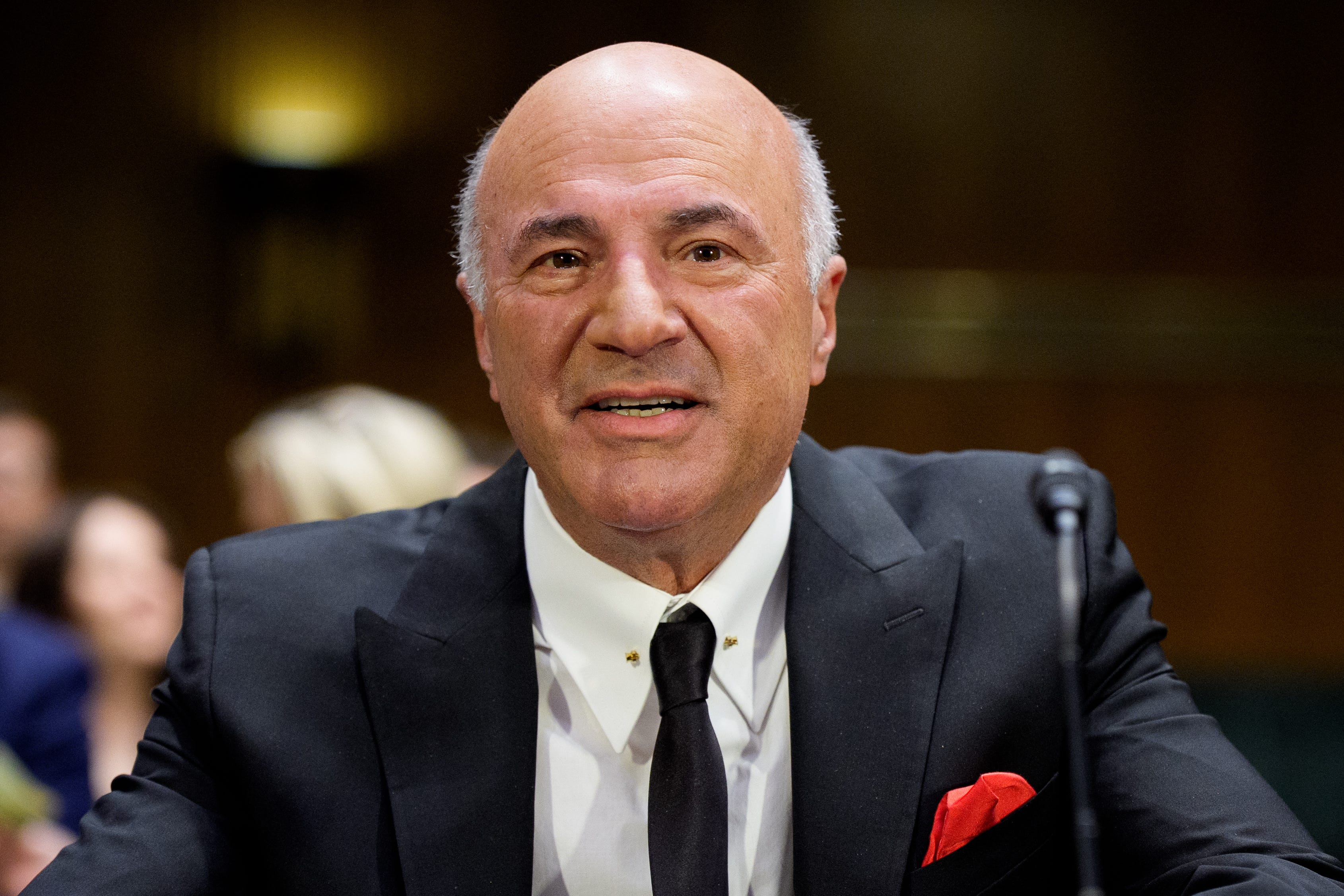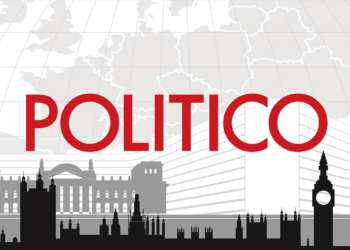
Andrew Harnik/Getty Images
The AI boom isn’t going to collapse like the dot-com bubble, Investor Kevin O’Leary told Business Insider.
Many people, including Nobel economist Paul Krugman, fund manager Bill Smead, and entrepreneurship professor Erik Gordon, have compared the fervor around AI to internet buzz in the late 1990s and early 2000s, which ended with a stock-market crash.
But the “Shark Tank” investor and chair of O’Leary Ventures said AI wasn’t “the same hype that the internet bubble was, because today, you actually can see the productivity and measure it on a dollar-by-dollar basis.”
O’Leary gave the example of Fly Guys, a drone company he’s invested in. Other companies can commission it to scan the tops of their buildings and deliver “AI-ready aerial imagery” to identify problems and automatically create work orders for them.
“That saves millions of dollars” for companies like Walmart or Home Depot with large commercial footprints, O’Leary said.
He added that such savings from AI may offset tariff costs and support high valuations for stocks.
Whether that’s the case should be revealed in earnings over the next 12 to 18 months, he said.
O’Leary thinks tariffs aren’t the threat many thought
Stocks plunged after Trump unveiled his plans for tariffs on “Liberation Day” in early April, but have since rebounded to record highs.
The recovery shows why investors should stay in the market during downturns “even though it’s nerve-racking and nail-biting,” O’Leary said.
The celebrity investor and self-proclaimed “Mr. Wonderful” said it can be costly to panic and dump stocks, adding he has seen investors miss out by doing this “over and over again.”
He added that if an investor cashed out during April’s sell-off, they missed the sort of returns they might expect over three years in just 88 trading sessions.
The S&P has gained around 27% from its low on April 8, and is around 12% higher than its level before the slump, far above the market’s long-term annual return of about 7%.
The bounceback reflects greater “clarity” over tariffs, O’Leary said, adding some were “very manageable” at 10% to 15% for trade partners such as the EU. The latest rates range from 10% for the UK to 41% for Syria.
The SoftKey founder, who sold The Learning Company to Mattel in 1999, said that he would have expected to see evidence by now if tariffs were going to reignite inflation or cause a recession.
The benchmark consumer price index rose only 0.2% in April, 0.1% in May, and 0.3% in June on a seasonally adjusted basis.
He said the fear that tariffs would lead to “input costs killing gross margin” hasn’t been realized yet, and US consumers also look to be in good shape.
He called it a “remarkable situation” as “basically, everybody got it wrong” on the impact of tariffs on the economy.
O’Leary said that he and his business managers were loading up on inventory in preparation for a busy holiday season. “So that gives you some indication, we’re net bullish,” he said.
The post ‘Shark Tank’ star Kevin O’Leary says he’s not stressing about an AI bubble or tariff pain appeared first on Business Insider.




